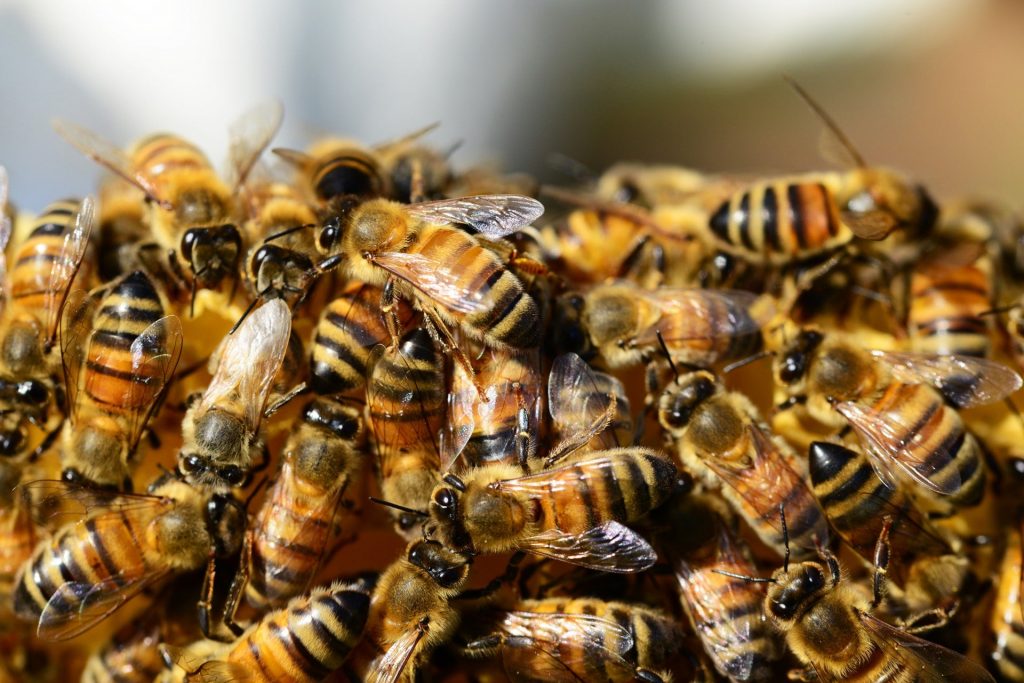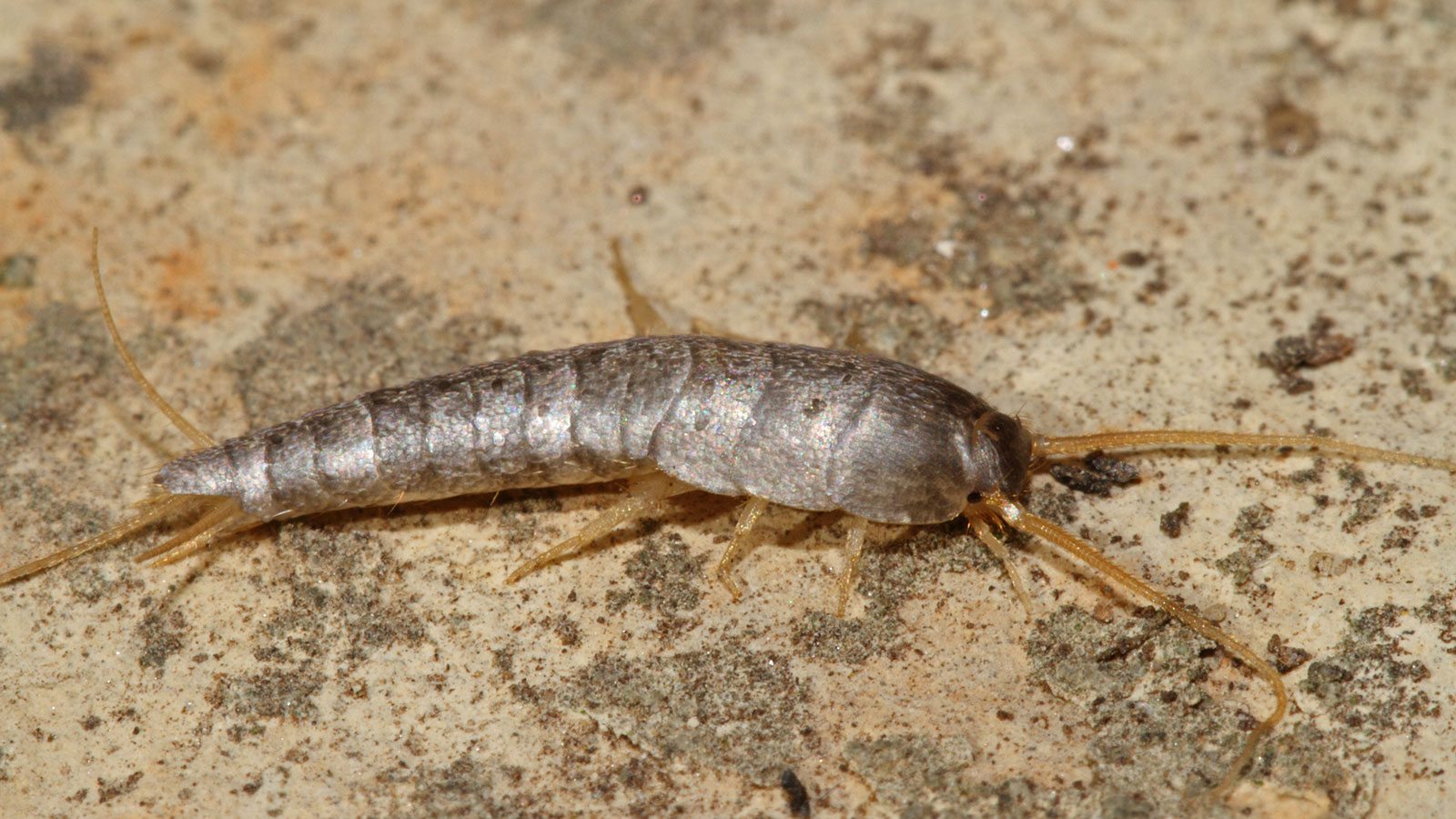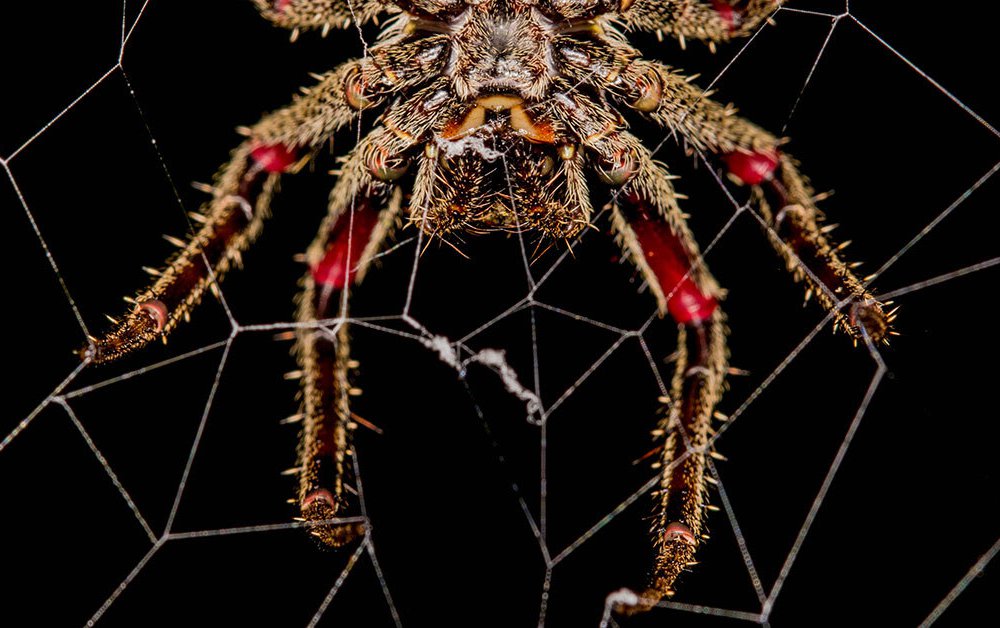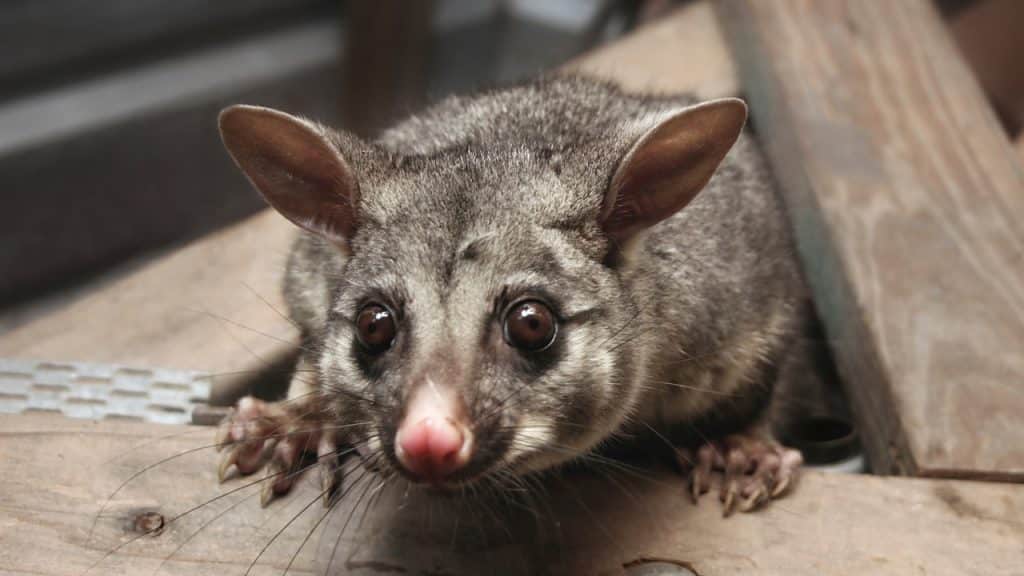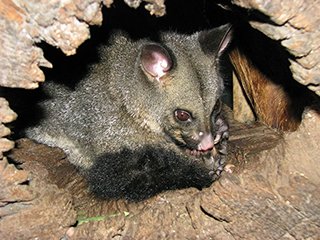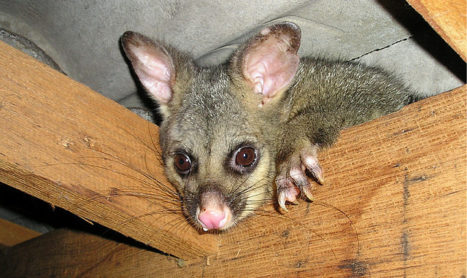If you live in an area where buzzing, stinging insects are a regular occurrence, you're going to want to know how to identify what type of bug is biting your skin so that you can take the proper steps. It's important to know because these types of pests can be a nuisance and carry diseases such as the West Nile Virus. We will help you better in knowing about our pest control Sunshine Coast services.
What is a ground bee?
Ground beef is a type of bee that lives underground and builds its nests in the soil. They are smaller than other bees and have shorter wings.
Yellowjackets are a type of bee that lives in colonies and builds their nests in trees. They are larger than ground bees and have longer wings.
What are Yellow Jackets?
Yellowjackets are a type of bee. They are small, ranging in size from ¼ inch to ½ inch long, and have black and yellow stripes on their backs. They can be distinguished from other bees by their distinctive hunting behavior, which involves flying low to the ground in search of food.
When and how do they sting?
A ground bee will sting you if it feels threatened, while a yellowjacket will sting you to paralyze you.
A ground bee will usually sting you if it feels threatened, while a yellowjacket will sting you to paralyze you. The difference between the two is that a ground bee's stinger is barbed, meaning it will inject venom and cause pain, while a yellowjacket's stinger is not barbed, and therefore does not inject venom.
How are they different?
Ground bees are not as aggressive as yellowjackets. They are also smaller and have a different color scheme. Yellowjackets are the largest of the subfamily Vespinae, and their coloration is used to warn potential predators that they are dangerous. Choose a pest control service for the same-day.
Conclusion
If you're looking for a beekeeping tutorial, you've come to the right place! In this article, we'll be discussing the different types of bees and what their differences are. We'll also explore the different threats that bees face, and how to identify them. Finally, we'll give some tips on how to keep your hives safe from these pests.

 Amardeep
Amardeep 